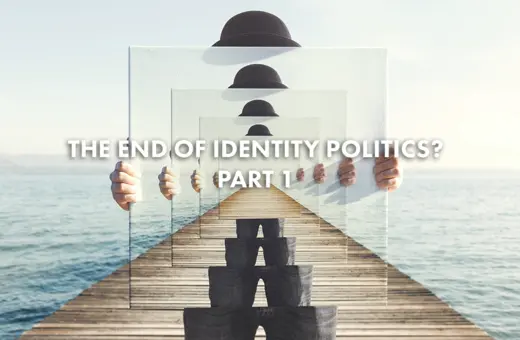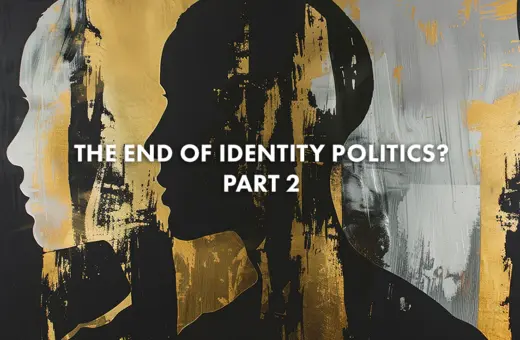The most surprising thing about the news that wealthy parents are bribing their children’s way into elite colleges was the outrage that it produced. After all, revelations of public corruption and depravity are now regular occurrences, and college admissions have rarely been considered a model of fairness. Why so much upset over so little (relative) wrongdoing?
The answer, I think, is that these events implicate the meritocratic ideal upon which the United States was founded, and which people still endorse. Already we are being told, variously, that it all goes to show that meritocracy is an “illusion” or a “myth”; or maybe that meritocracy is functioning well; or that it is an “historically awful idea”; and more. Alas, none of these authors take the time to say what they mean by “meritocracy”, making the claims hard to evaluate. So I’d like to take a moment to explain precisely what a meritocracy is before drawing what I regard as the important moral lessons from the scandal.
A meritocracy is a society structured around two principles. The first principle holds that when it comes to scarce goods — things like jobs and income — justice demands that they be distributed strictly on the basis of merit. This means, for example, that a firm cannot justly use applicants’ race as a consideration when deciding whom to hire. The firm’s motivation is irrelevant: neither racial animus, nor a desire for a diverse workforce, nor profit maximization can justify race-based hiring. The same goes for gender, sexual tastes, physical appearance, religion, and so on. Justice requires that the best-qualified applicant be hired, and that is all there is to it.
The second meritocratic principle is equal opportunity. The first principle tells us that the fastest runner ought to get the medal. But that is a necessary condition, not a sufficient one, for a fair race. We must also ensure that every citizen begins from the same starting line. If some begin their adult lives with undeserved advantage (e.g. wealth, family connections) and others are born in disadvantaged communities, then those features — rather than merit — shape what they may become. In a meritocracy, all children are brought to the same starting line through measures like estate taxes and public education.
___
"To begin with, we should not focus on the parents’ wrongdoing."
___
I have argued that meritocracy is the right ideal around which to structure a society and an economy. And this view is widely shared in the public, across lines of gender, race, political party, and culture. But it is, I must note, a minority view when it comes to my fellow political philosophers, nearly all of whom endorse egalitarianism or libertarianism in one form or another.
In any case, let us suppose for the sake of argument that the meritocratic ideal is the right one. What can be said about the scandal from the meritocratic point-of-view?
To begin with, we should not focus on the parents’ wrongdoing. They behaved badly, to be sure, but their motivations were understandable: they wanted to secure the very best future for their children. And they judged, correctly, that a college education—and specifically, an education at an elite institution—was an important step toward that goal.Take note of the schools they targeted: Berkeley, Stanford, Yale, and other “name brand” colleges.





















Join the conversation